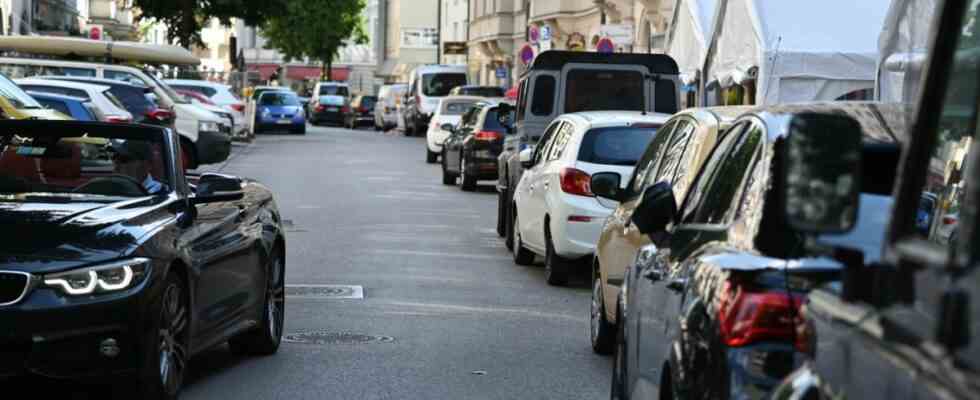Germans love their cars. We all know that, and the automotive industry drives the German economy. But do you really need a car to live in Munich? Based on my observations over the past seven years, Munich is one of the best cities to live without a car. Nevertheless, many Munich residents seem to own at least one car. Many many. One only has to walk through the residential areas of the city. Wherever you go and where you stand: parked streets as far as the eye can see.
Where I once lived, few people own a car. Maybe also because only a few can afford one. Or as Ugandan city dwellers like to put it: Why do I need a car in the city when there are buses and trains?
Interestingly, you can also hear people say this sentence in Munich. Interestingly, mostly young people who live in shared flats. The older the people of Munich get, the more the rate of such sentences decreases.
It is quite remarkable that people in my former homeland refer to the local transport network, when compared to European cities it is not one worthy of the name. And in Munich, where the local transport network is enviably good, the city dwellers park each other’s SUVs and thus rob each other of living space. Why is that?
Public transport in Munich takes you quickly and with the nine-euro ticket very cheaply to almost anywhere. In about 30 minutes you can get from north to south. I can’t remember how many times I’ve gone to parties and still been able to catch the night bus home in the early hours of the morning. I have used public transport in Munich, Berlin, Hamburg, Leipzig and Dresden – and have always reached my destination well and safely. A delay? gift. If there’s one thing you can get along with as an African, it’s with that.
Perhaps this is where an ethnological explanation begins. With the fact that there is nothing people from Munich like to get upset about more than delayed public transport. Probably the duration of the hair pulling because of such delays has already cost many Isarstadt residents more lifetime than the delay itself.
Like many things in life, it’s a matter of perspective. For me, the public transport here is like a miracle. It’s a great way to get to a planned point quickly and easily. No one needs to seriously tell me that they need their own car to get through life in Munich, with the possible exception of taxi drivers.
The honest explanation is that it is convenient to always have a car at hand. It’s easier to go shopping or take spontaneous trips. Admittedly, small children are a little easier to transport with a car than without. And so it came as it had to come.
I have sometimes mentioned my little daughter Taliah at this point. But not my car, in which Taliah sometimes rides in a child seat. Yes, I bought one too. I figured that’s what it takes now that I’m raising a kid. In my defence, I have to say that it’s just a small car. But it is also true that most of the time my car is parked in front of the apartment on the street.
Typical German
Their escape led three journalists to Munich. In a weekly column, they write about the peculiarities of their new homeland that they have adopted. All texts in this series can be found at sz.de/typical

